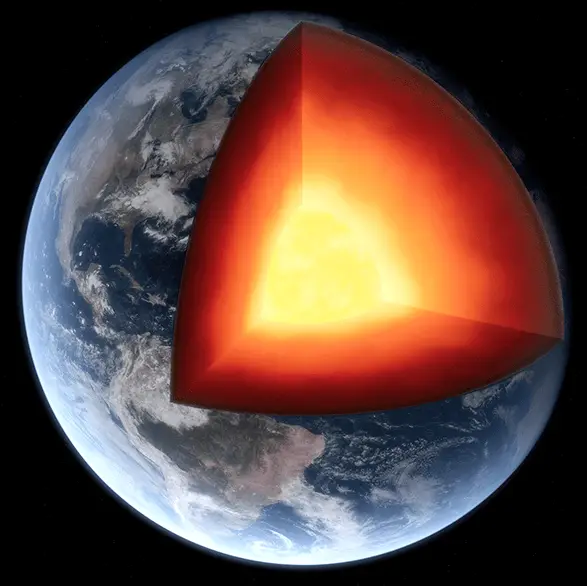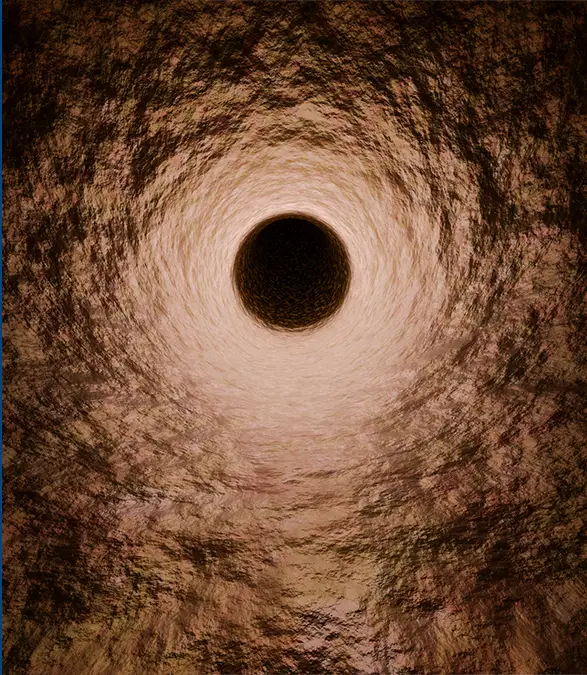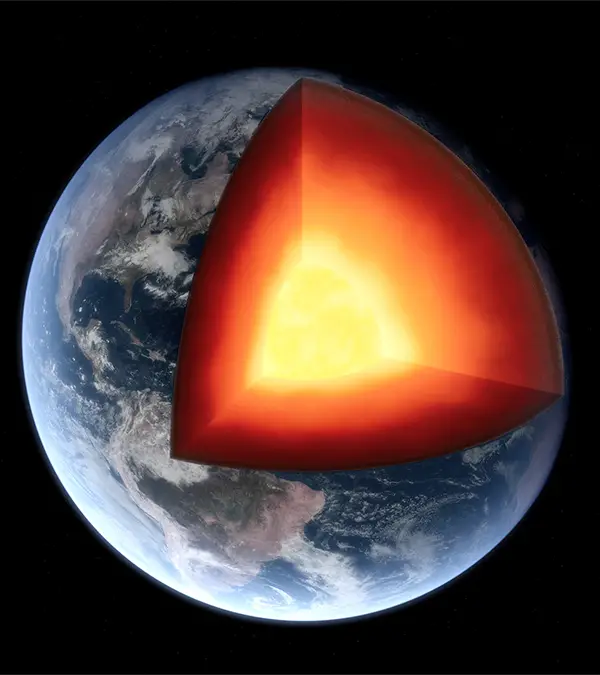
One mystery that has baffled scientists over the years is known as 'The Great Unconformity' and it refers to large slabs of the Earth's crusts that have gone missing from geological records.
Latest research and evidence from one study has allowed scientists to uncover the events during the earlier days of Earth's life.

New evidence suggests that severe 'glacial erosion' during a period called 'Snowball Earth' - when nearly the entire planet was covered in ice - might be responsible for the disappearance.
The Great Unconformity was first observed in 1869 at the Grand Canyon, Arizona in the US.
Advert
Scientists noted that the age of rocks changed significantly and this phenomenon was seen repeatedly in different places across the globe, giving it its name.
The sharp removal of rocks then created gaps in the sedimentary record.
The ageing process was later explained by a process of 'glacial erosion' where the erosion of rock is replaced by younger rock.
Glacial erosion occurs through the friction when ice grinds over the ground and by the 'plucking' of rock from under the glacier bed.
Scientists propose that the glaciers eroded the sedimentary rocks in the process and washed them out to sea - deeming it to be a possible explanation for the current whereabouts of the missing crust sections.
In one study, scientists did the maths and found that on average, 3-5 kilometres (2-3 miles) of rock disappeared due to 'glacial erosion', resulting in them 'missing' from the records.

Dr Brenhin Keller of Berkeley Geochronology Center, and the lead author of the study, highlighted the magnitude of rock loss that was observed.
He and his fellow colleagues estimate that one billion cubic kilometres (200 million cubic miles) of pre-Cambrian material is missing - dating back to the earliest part of Earth's origins.
The theory is that 'much more erosion occurred before the start of the Phanerozoic era' than the scientists originally speculated, filling the gaps in the missing data between both time periods.
The Phanerozoic is the latest era in Earth's lifespan, dating back 538.8 million years ago to the present day.
Evidence comes from isotypes that scientists discovered from the era - namely hafnium and oxygen - which are 'consistent with being eroded from old rock and deposited at low temperatures.' This suggests why there are many asteroid craters less than 700 million years old - with only two dating older than that.